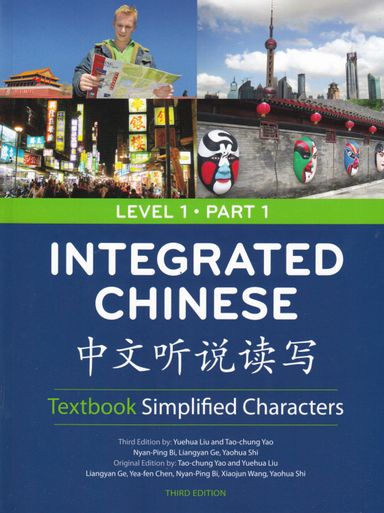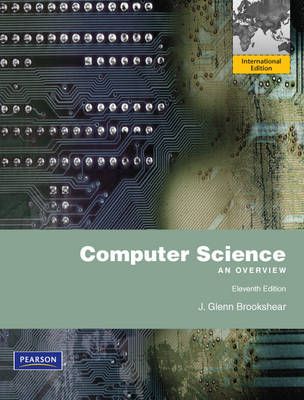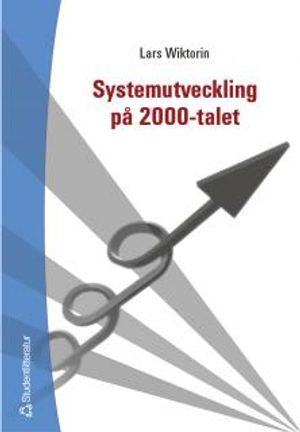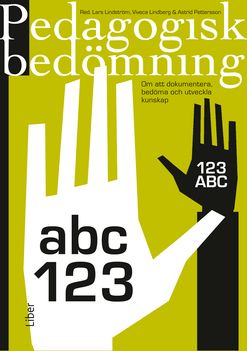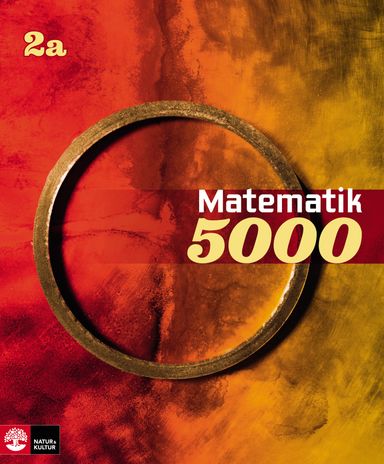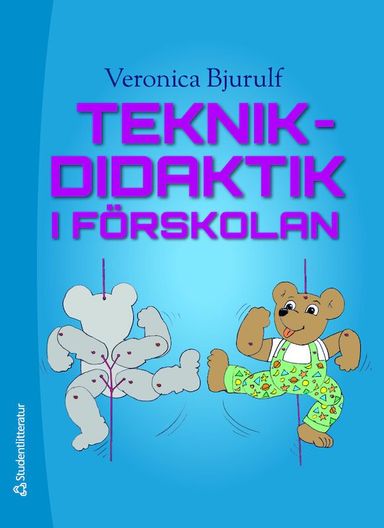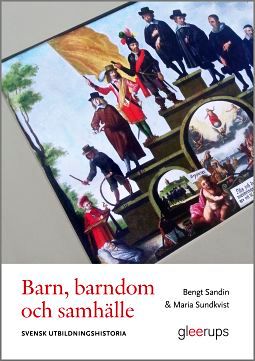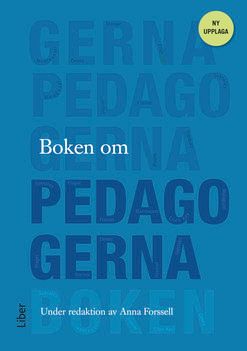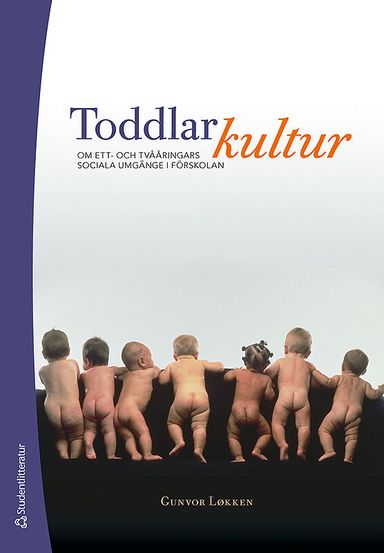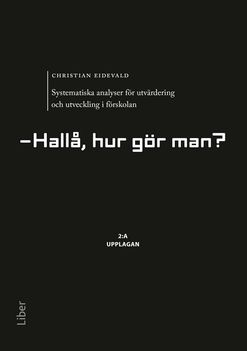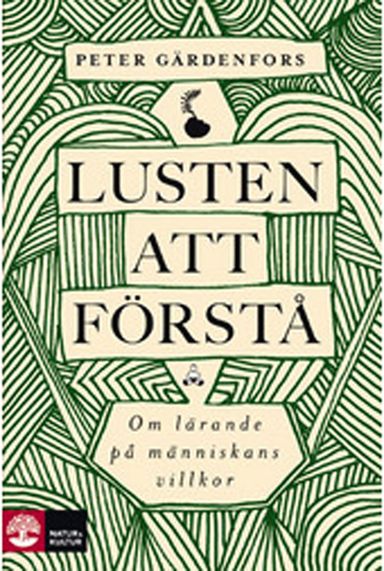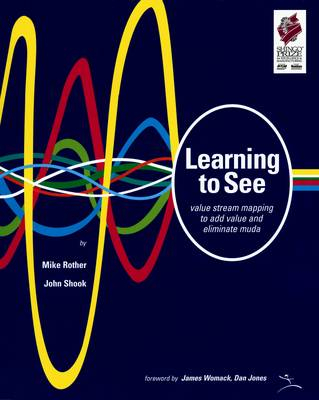

Learning to See Upplaga 1
- Upplaga: 1a upplagan
- Utgiven: 1999
- ISBN: 9780966784305
- Sidor: 102 st
- Förlag: Lean Enterprise Institute,US
- Format: Häftad
- Språk: Engelska
Om boken
Much more important, these simple maps - often drawn on scrap paper - showed where steps could be eliminated, flows smoothed, and pull systems introduced in order to create a truly lean value stream for each product family. In 1998 John teamed with Mike Rother of the University of Michigan to write down Toyota's mapping methodology for the first time in "Learning to See." This simple tool makes it possible for you to see through the clutter of a complex plant. You'll soon be able to identify all of the processing steps along the path from raw materials to finished goods for each product and all of the information flows going back from the customer through the plant and upstream to suppliers. With this knowledge in hand it is much easier to envision a "future state" for each product family in which wasteful actions are eliminated and production can be pulled smoothly ahead by the customer. In plain language and with detailed drawings, this workbook explains everything you will need to know to create accurate current-state and future- state maps for each of your product families and then to turn the current state into the future state rapidly and sustainably. In "Learning to See" you will find: A foreword by Jim Womack and Dan Jones explaining the need for this tool. An introduction by Mike Rother and John Shook describing how they discovered the mapping tool in their study of Toyota. Guidance on identifying your product families. A detailed explanation of how to draw a current-state map. A practice case permitting you to draw a current-state map on your own, with feedback from Mike and John in the appendix on how you did. A detailed explanation of how to draw a future-state map. A second practice case permitting you to draw a future-state map, with "the answer" provided in the appendix. Guidance on how to designate a manager for each value stream. Advice on breaking implementation into easy steps. An explanation of how to use the yearly value stream plan to guide each product family through successive future states. More than 50,000 copies of "Learning to See" have been sold in the past two years. Readers from across the world report that value stream mapping has been an invaluable tool to start their lean transformation and to make the best use of kaizen events.
Åtkomstkoder och digitalt tilläggsmaterial garanteras inte med begagnade böcker
Mer om Learning to See (1999)
I december 1999 släpptes boken Learning to See skriven av Mike Rother, John Shook. Det är den 1a upplagan av kursboken. Den är skriven på engelska och består av 102 sidor. Förlaget bakom boken är Lean Enterprise Institute, US.
Köp boken Learning to See på Studentapan och spara pengar.
Referera till Learning to See (Upplaga 1)
Harvard
Rother, M. & Shook, J. (1999). Learning to See. 1:a uppl. Lean Enterprise Institute,US.
Oxford
Rother, Mike & Shook, John, Learning to See, 1 uppl. (Lean Enterprise Institute,US, 1999).
APA
Rother, M., & Shook, J. (1999). Learning to See (1:a uppl.). Lean Enterprise Institute,US.
Vancouver
Rother M, Shook J. Learning to See. 1:a uppl. Lean Enterprise Institute,US; 1999.
